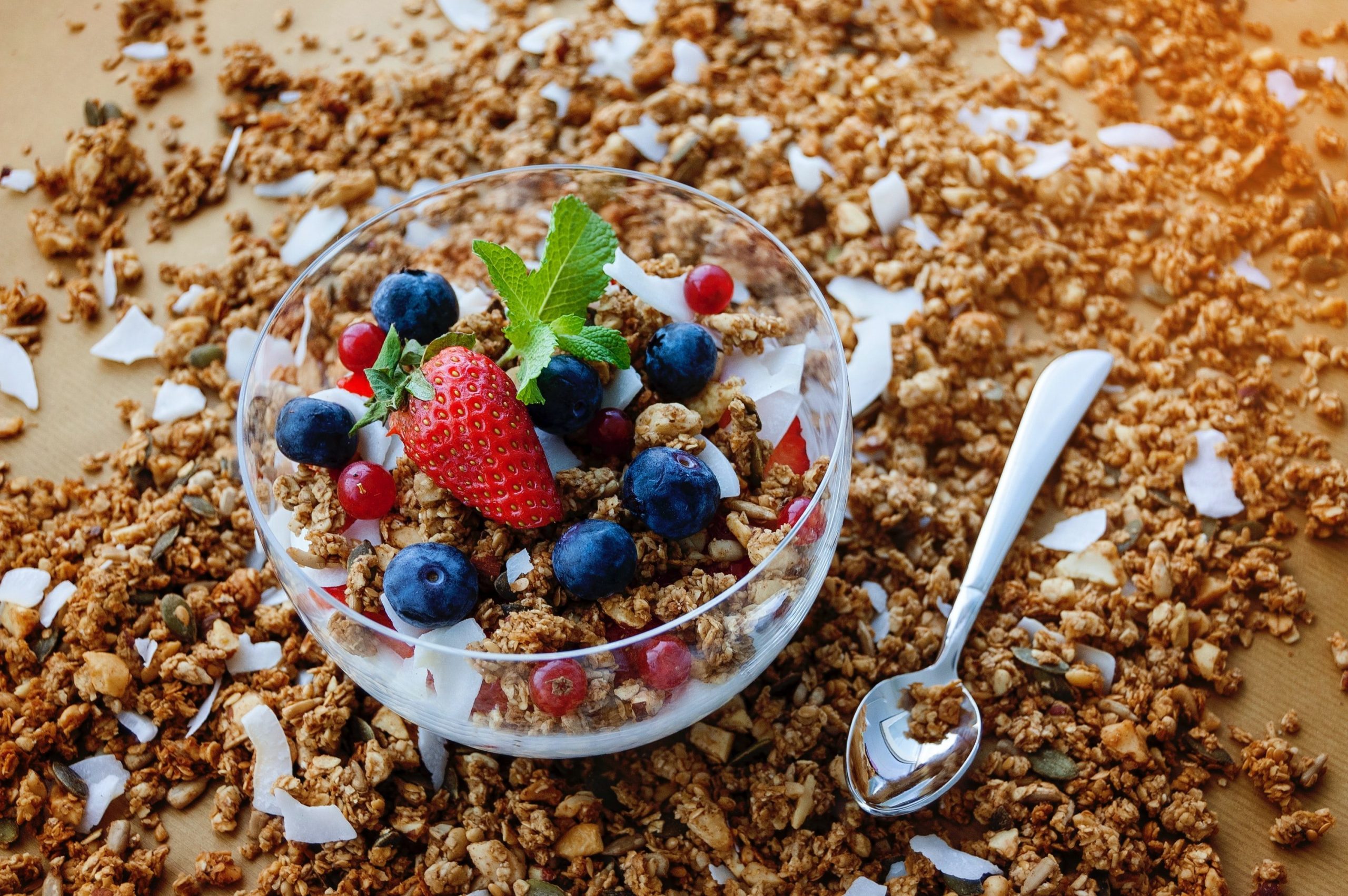We know that fasting has many benefits that could lead to weight loss, but can suhoor further help in boosting body metabolism? Doha News sat with an expert who revealed some interesting facts.
Suhoor is the last meal consumed by Muslims before starting their fast at dawn during the holy month of Ramadan. This meal is essential to those observing the fast as it determines your energy levels and dehydration for the rest of the day.
Doha News spoke to dietician Zahraa Mohsen to learn more about the benefits of suhoor and how those taking part in the fast can take advantage of the dawn-time meal to reach their ideal weight goal.
Do’s and don’ts after you break your fast
Many people tend to cut certain food groups while dieting in an attempt to lose weight faster or maintain a “healthier lifestyle.”

However, Zahraa pointed out that cutting out certain types of food like carbohydrates or protein is not at all recommended as it could lead to unhealthy weight loss or a lack of nutrients and essential vitamins usually found in food we consume on a daily basis.
The dietician emphasised on the need to consume all necessary nutrients during iftar, including but not limited to sugar in dates, starch, and protein.
On the other hand, she advises fasting people to eat less and focus on certain types of food during suhoor to avoid thirst, weight gain and potential health complications.
“Iftar meals should start with eating dates, which provide the body with the sugar lost during the day, in addition to various nutrients,” she said.
Starch-focused food, such as rice, pasta, potatoes or bulgur should also be part of the daily iftar meal she said. This could include cooked vegetables which are also considered “starchy vegetables.”
The iftar meal is also never complete without a type of meat, such as red meat, chicken or fish, she said, highlighting the need for protein to provide an all-rounded balanced meal.
The dietician also recommends drinking adequate amounts of water at separate times (2-2.5 litres) throughout the night which aids digestion and helps prevent constipation throughout the next day fast.
“Drinking cold and hot drinks after iftar, such as tea, sugar free lemonade can replace the body for lost fluids during the day,” she noted.
However, Mohsen warned people to stay away from spicy food to prevent heartburn and problems with digestion. “Eating large amounts of sweets also causes medical problems and weight gain,” she warned.
Read also: Pre or post iftar workouts? Fitness experts reveal all
To aid digestion, exercising is recommended after iftar and for those who feel fatigue after breaking their fast, avoiding sleep is essential to circumvent weight gain. Instead, it is advised to walk outdoors for at least one hour after iftar.
What to eat at suhoor
After iftar and suhoor, many tend to feel bloated throughout the day while some may notice weight gain in their bodies.
Mohsen shared with Doha News some fitness hacks and easy meal preps suitable for suhoor that are expected to solve digestion and weight gain issues.
“Eating appropriate suhoor should include counted calories divided between the following: Starch, protein, healthy fat, and fruits may be added,” the dietician stressed.
First, your meal should include a source of carbohydrates (starch), such as Granola, oat or wheat bread, hard toast etc. Low fat milk or yogurt can also be added to the meal.

Raw vegetables such as cucumber and lettuce will guarantee better digestion and have a positive impact on blood sugar, which help keep appetite in check.
“Lentils and legumes such as fava beans are considered good sources of protein and carbohydrates if tolerated,” the dietician noted.
It’s also important to remember that in Ramadan, fruits can be your best friend. Many are rich in water and will in turn satisfy both your thirst and hunger at the same time throughout the day.
The dietician recommends having dates, watermelon, banana, or blueberries for suhoor.
However, nothing can make up for actual water. Drinking two cups of water (each cup=250 ml) for suhoor is also crucial to stay hydrated throughout the day.
The suhoor meal should be nutritional and one which contains essential vitamins and nutrients that will help make your fast easy and comfortable. In doing so, this will also circumvent health problems, she added.
Experts say some attempting to lose weight during the month of Ramadan tend to skip suhoor in an attempt to limit calorie intake and speed up their health or weight goals.
However, like many dieticians, Mohsen says this is not recommended as it could lead to several consequences, such as fatigue, dehydration, weak immune system, low metabolism, weight gain, constipation and low energy levels during the day.
To get the best results at the end of the holy month of Ramadan, it is recommended to stick to the aforementioned advice, especially for suhoor, the dietician said.
Do you prepare your own suhoor meals? Don’t forget to tag us in any homemade meals on social media to be featured.







